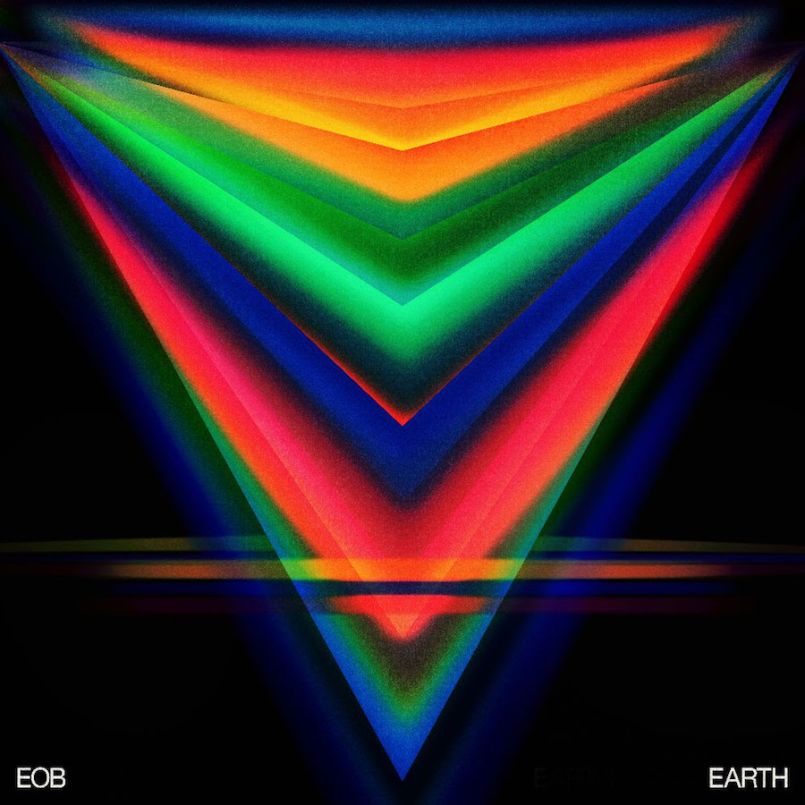As the final, most hysterical night of the film industry’s calendar approaches, this year’s Oscars look to be, yet again, disappointingly predictable. A good film, Sam Mendes’ 1917, will probably win the highest accolade – but when it does, the Academy will have failed once again.
The World War I epic has been picking up steam ever since it opened, and won a whopping seven awards at last weekend’s BAFTAs (February 2). 1917 made little noise pre-release, and then suddenly exploded as it hit cinema screens. It’s a gripping mission led by two vulnerable soldiers tasked with delivering a message across enemy lines.
- Read more: ‘1917’ review: ‘Skyfall’ director Sam Mendes crafts poignant, human story out of inhuman conflict
It’s an impressive film technically, offering the illusion of one single shot, vividly realised through muddy trenches, endless green fields and dark, claustrophobic tunnels. Roger Deakins undeniably deserves the plaudits he’s receiving, the 15-time Oscar nominee (he won just once for Blade Runner 2049) continuing to produce the highly accomplished visual filmmaking we’ve come to expect over his 50 year career. His work compliments that of composer Thomas Newman, the recipient of two BAFTAs, six Grammys and an Emmy, who contributes a grandiose score – strings rising and falling as the on-screen drama ebbs and flows.
Collectively, Deakins, Newman and Mendes won nine Oscars, 17 BAFTAs and 18 Golden Globes so far. Do they actually need this win? Their impressive work deserves recognition, but crowning 1917 Best Picture would be a waste. Should the Academy not look to award fresher, more contemporary stories?
1917 will probably win Best Picture. It won the Golden Globes for Best Director and Best Film, seven BAFTAs including Best Director and Best Film. It’s easy to see what voters like about it, but these are things voters and viewers have admired, in varying forms, for the past 100 years.

The system is broken. It is plagued by self-imposed and self-perpetuated homogeneity, that has nominated five women for the Best Director Oscar in its entire existence, and failed to consistently honour people of colour for decades. 1917 is a good film, but indicative of an industry chasing its own tail and failing to trust a riskier, but ultimately better, film. That film is Parasite.
Bong Joon-ho’s giddy social thriller has been winning awards since Cannes 2019, when it collected the Palme d’Or (the festival’s highest accolade). Here are some numbers: 1917 has been nominated for 144 awards, and has won 53 so far. For Parasite? 175 wins out of a possible 299. And however many Oscars it wins (it’s up for six), it’s already made history as the first Korean film to be nominated for any at all.
Could the most revered voting body do the right thing and celebrate the future, rather than looking towards the past? Unlikely. Bong’s speech when picking up his Golden Globe for Best Foreign Language Film rings sadly true. “Once you overcome the one-inch tall barrier of subtitles,” said the director. “You will be introduced to so many more amazing films.”
Rarely is a film not in the English language nominated for Best Picture. There are no rules against it, but an unspoken, antiquated school of thought sees the Oscars as only American, the BAFTAs as only English. That 1917, a film honouring British wartime heroism, should be this year’s frontrunner, somehow already seems like an international option at such a US-centric event.
Parasite is a better film than 1917. That is an opinion, yes, but it is one held by an increasing number of people as the comedy thriller hits UK screens this weekend. It’s wickedly intelligent, funny, surprising and sad. Although some critics weren’t convinced by 1917’s sanitised violence – everyone loves Parasite. Take these stats from reviews aggregator Rotten Tomatoes: 354 Fresh reviews for 42 Rotten ones for 1917. 378 critics deemed Parasite Fresh – only four thought it Rotten.
The numbers are there and so is the potential impact. But change is scary, and safety is near. Voters may have followed their gut, or might have just honoured the gatekeepers who allowed them to wield this power, by perpetuating the same habits. As it stands, the decisions the Oscars, Golden Globes and BAFTAs make are deemed the most revered – but they aren’t representative of the breadth of existing talent, nor of the artists we’ll be kicking ourselves for not celebrating deservedly in future. 1917 is good, but it’s not enough anymore. We have the tools to do better – someone must be brave enough to start using them.
The winners’ ceremony for the Oscars 2020 will take place from 1am on Sunday 9 February
The post ‘1917’ will win the Oscar for Best Picture – but here’s why it shouldn’t appeared first on NME Music News, Reviews, Videos, Galleries, Tickets and Blogs | NME.COM.








